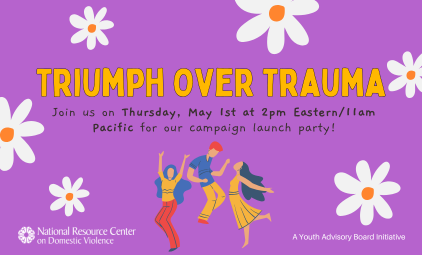The crime-centric approaches that characterize the dominant U.S. response to intimate partner violence (IPV) fail to adequately address the structural inequalities that create and maintain IPV and, simultaneously, often increases state control of people who are structurally vulnerable – poor women and men, particularly women and men of color, LGBT individuals and undocumented immigrants. This article discusses restorative and transformative justice models for intimate partner violence as alternatives to moderate the harms of state-based and crime-centric responses that reinforce systems of oppression and structural inequality.














